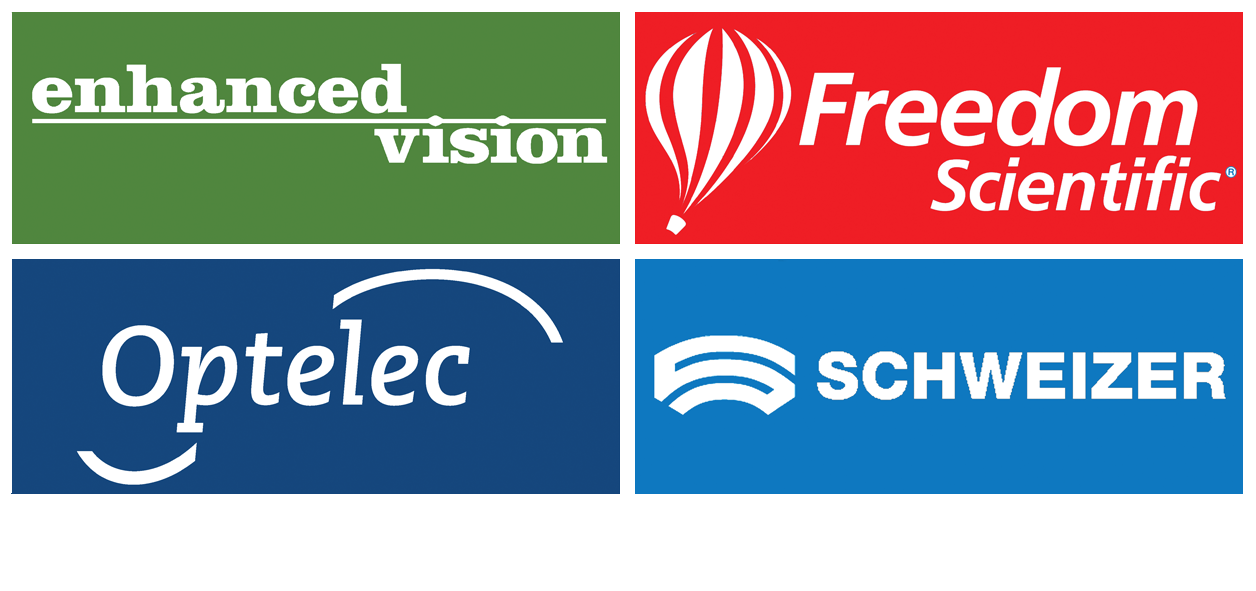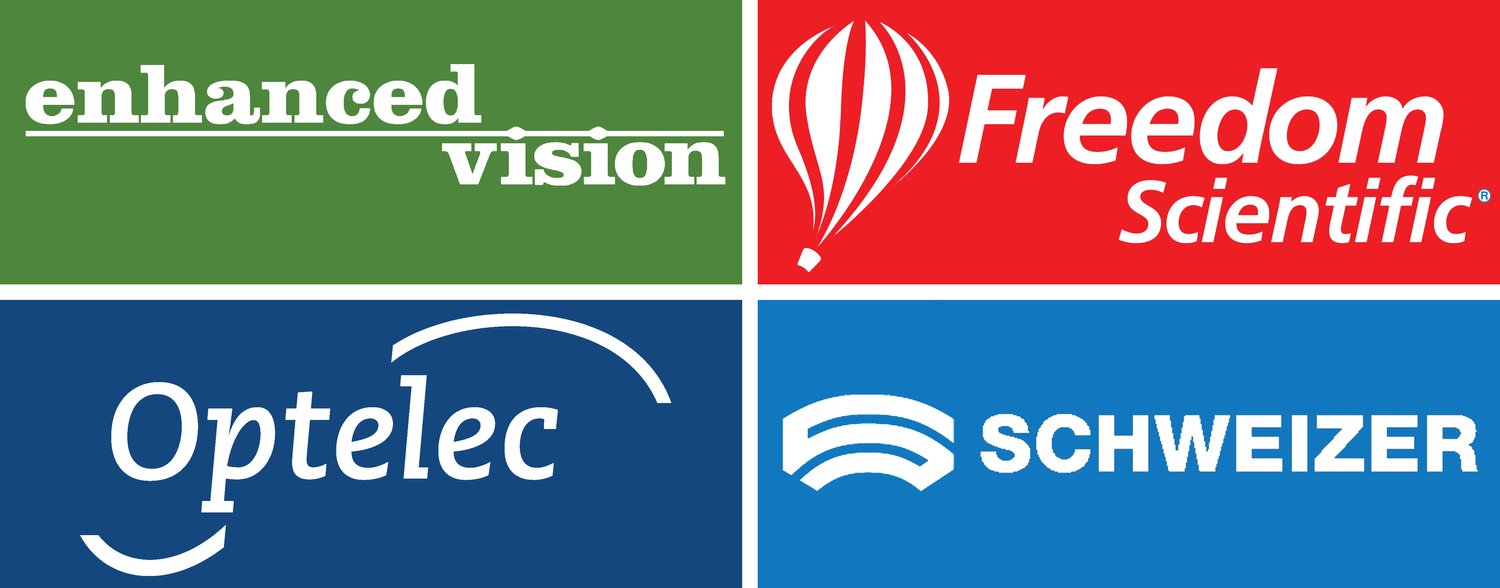The Sound of Space: Making Astronomy Inclusive
The image shows a silhouette of a telescope against the background of a starry sky.
Wanda Díaz-Merced developed diabetes as a child and subsequently diabetic retinopathy. During her studies, she lost her sight. She recalls feeling “excommunicated from the field,” as her professor would write a theorem on the board, and all she could hear was the scratching of the chalk. She never had the opportunity to look through a telescope but has become a pioneering astronomer who has made significant contributions to the field of astrophysics. She believes that: “If we only see with our eyes, our perception is very narrow.” (you can watch a feature on her from National Geographic here).
From October 4th to 10th, it's World Space Week. The vast, awe-inspiring cosmos has intrigued humanity for centuries. The sense of wonder we feel when looking at the cosmos is a feeling that everyone should have the ability to explore. VI people may feel that pursuing a career or hobby in astronomy is an insurmountable challenge. But Wanda disproves this and her work has done much to make astronomy more accessible.
When we think of astronomy, we usually think of a visual science. We imagine someone looking through a telescope and taking notes. But this doesn’t quite capture the whole picture. Ultimately, astronomers are working with things they cannot see such as radio, gravitational waves, microwaves, ultraviolet, and X-rays. These wavelengths are invisible to the human eye and they have to employ technology to help them take measurements. Technology is more sensitive than human eyes and can precisely measure differences in shape or brightness, and provides huge amounts of data which then needs to be analysed. So, astronomy doesn’t necessarily depend on sight and the work involved is not beyond the ability of VI people.
Tactile astronomy models do exist, like raised maps of the moon's surface or 3D-printed representations of galaxies, which allow blind/VI individuals to explore the universe through touch. One of the most interesting developments is the sonification of space, which turns light into sound. Wanda speaks about how everything in the universe has “its own voice.” She talks about how each piece of data is given a sound and when different measurements are converted into sound the product is something that replicates a “symphonic orchestra."
A great example of this is the Audio Universe (you can hear the sound of a black hole on their website) launched by Portsmouth and Newcastle University. It began as a sound-based educational astronomy show to make learning about the universe a more immersive and inclusive experience. Now, they continue to research how to represent real astronomical data through sound in a variety of ways. Not only is this great for VI people with an interest in astronomy, but it also helps astronomers explore the latest gigantic datasets coming from telescopes.
The conversation about accessibility and astronomy provides an amazing and interesting example of how to develop real inclusivity. It’s not just about changing the perception of VI people’s abilities, it’s also about changing the perception of activities that VI people are excluded from or have limited access to. In the field of astronomy, there are a lot of reasons to be hopeful.


